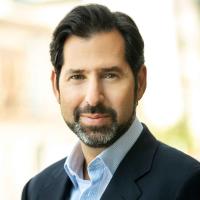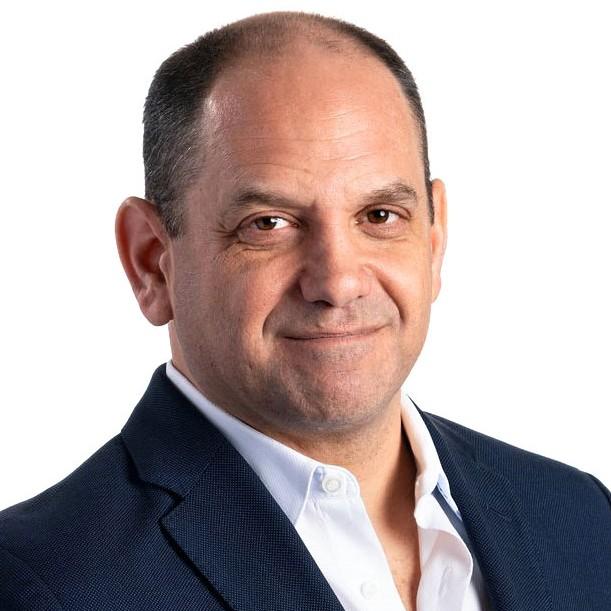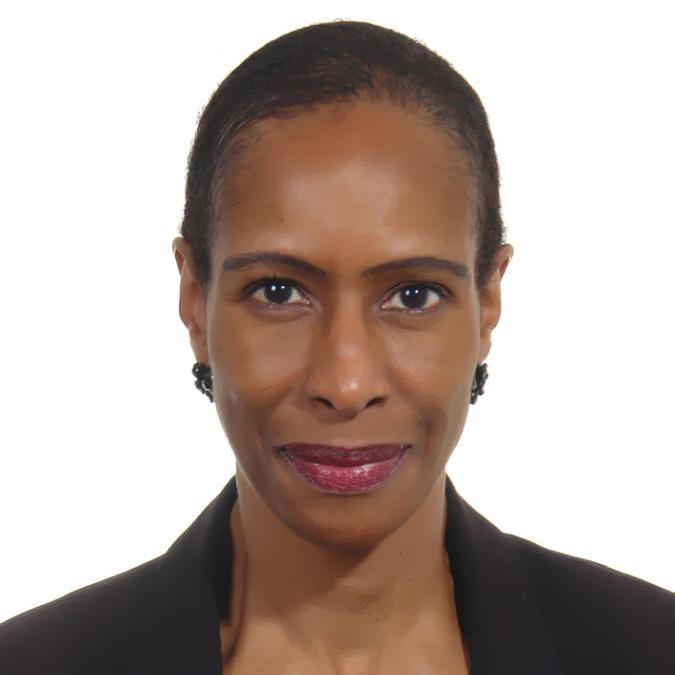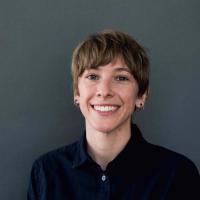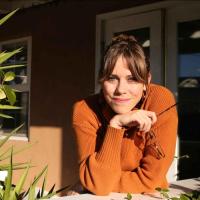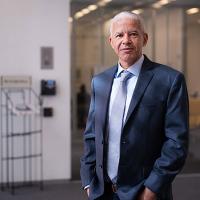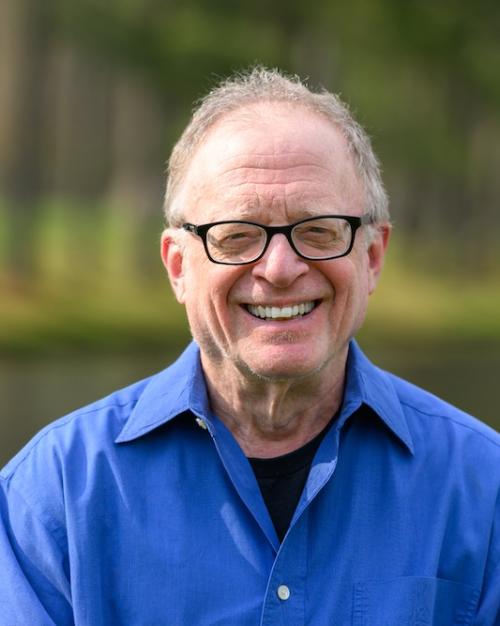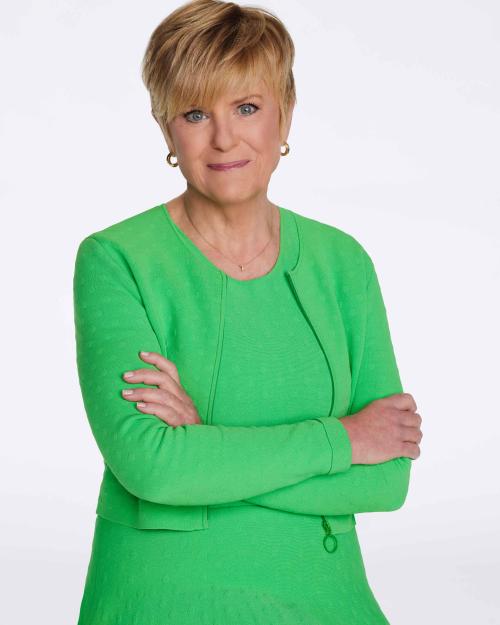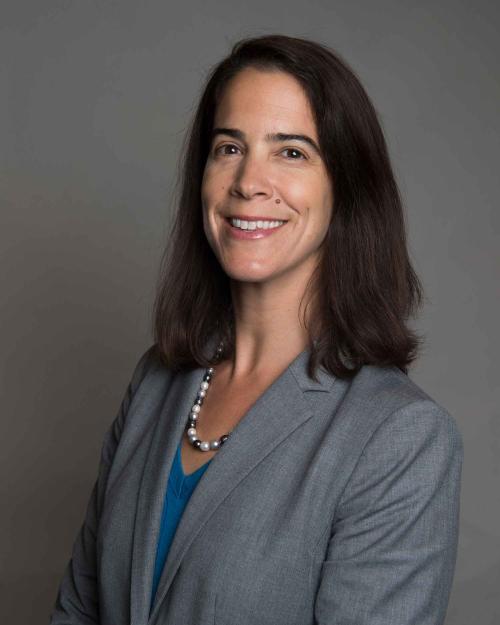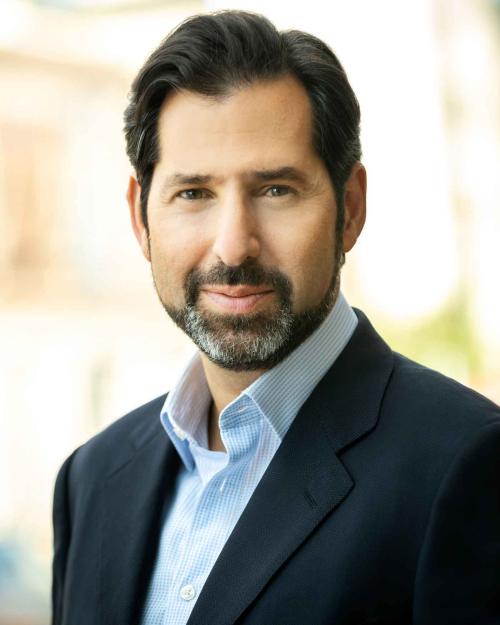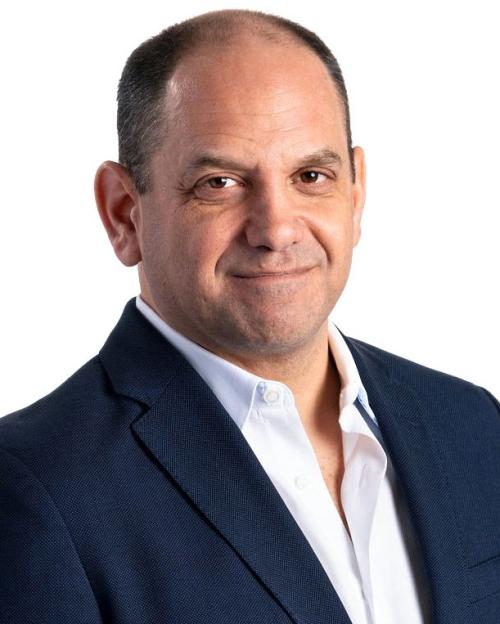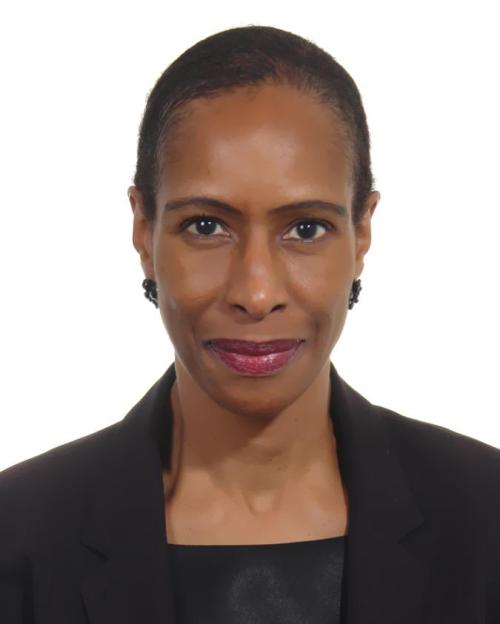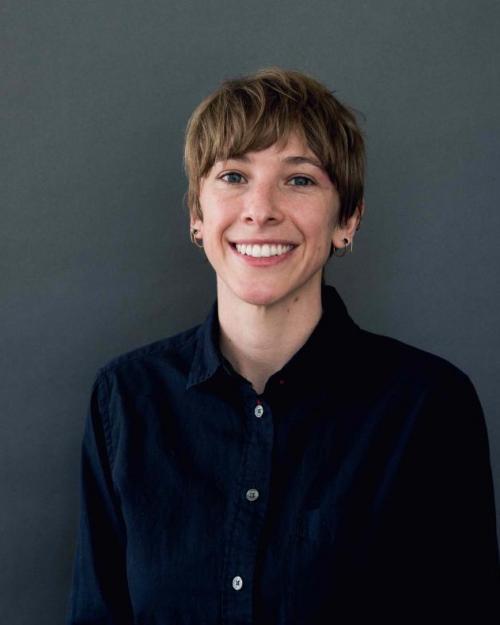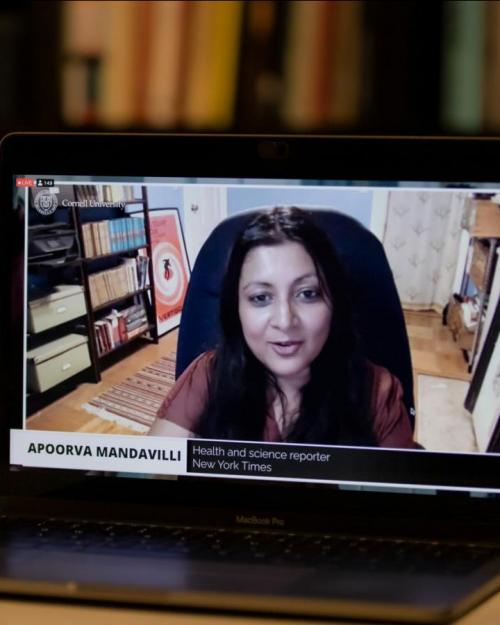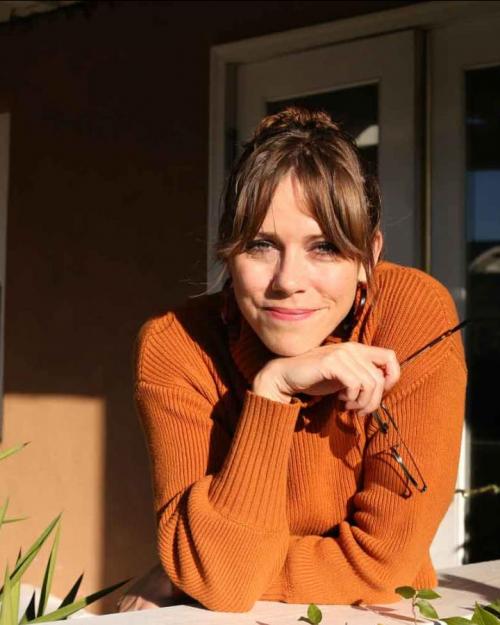
About the Program
The College of Arts & Sciences' Distinguished Visiting Journalist Program brings accomplished journalists to Cornell for extended visits. The program aims to recognize excellence in journalism and to provide opportunities for select journalists and the university community to engage with each other.
While on the Ithaca campus, the visiting fellows will interact with faculty, researchers and students in a variety of organized and informal settings, such as moderating and/or participating in panel discussions, making guest presentations in classes, exploring research laboratories and special collections, and joining tea or dinner at a residential college. The fellows will inspire and engage with students interested in journalism and the media while learning about the latest research, scholarship and creative works emerging from Cornell.
“This program is an acknowledgement that journalism plays an essential role in our society, in all the disciplines that Cornell explores, and that understanding journalism is part of understanding the world.”
~Marc Lacey, Managing Editor of the New York Times and Inaugural Distinguished Visiting Journalist
Distinguished Visiting Journalists may have interests in any disciplinary area in the College including the arts, humanities, social sciences, and natural sciences. Candidates for these prestigious appointments will be selected by an internal committee of faculty and staff. Selected fellows will have demonstrated an interest in fundamental research, scholarship and creative works that impact humanity, as well as in mentoring graduate and undergraduate students interested in the field of journalism and the broader media landscape.
The program is funded through a significant endowment from Jan Rock Zubrow ’77 and Barry Zubrow that established the The Jan and Barry Zubrow Distinguished Visiting Journalism Fellows Fund. The program has received additional philanthropic support from Jay Branegan ’72, Rose Gutfeld Edwards ’78 and the Dr. Guinevere Griest ’44 Fund for Public Engagement in A&S.
Advisory Committee
- Kaushik Basu, Carl Marks Professor of International Studies, Economics
- Itai Cohen, Professor of Physics
- Kyle Kimball, Vice President of University Relations
- Peter John Loewen, Harold Tanner Dean of the College of Arts and Sciences and Professor of Government
- Riché Richardson, Professor, Africana Studies & Research Center
- Tricia Ritterbusch, Assistant Dean of Communications, College of Arts and Sciences
Selection Process
Currently, the Advisory Committee selects fellowship recipients by invitation only on a rolling basis.
If you are a working journalist and would like to be considered for a fellowship, please contact Tricia Ritterbusch, Assistant Dean of Communications for the College of Arts & Sciences.
Expectations of Fellows
Selected fellows are asked to spend between two days to eight weeks during either the fall or spring semester. We will work with the fellows to shape the visits to suit their interests and maximize opportunities for engagement. A stipend will be provided during the fellow's time on campus.
Fellows can engage in a range of activities, including, but not limited to:
- Sitting in or guest lecturing in relevant classes
- Meeting with researchers and groups of researchers, including time for extended meetings and “shadowing”
- Teaching an informal masterclass on journalism to undergraduates
- Engaging in mentorship of graduate and undergraduate students
- Exploring library collections and research labs
- Participating on a public panel with faculty on a topic of broad interest
- A tea or dinner on West Campus with students and faculty
- Meetings with Cornell Sun student reporters and editors
- Meetings with campus communicators
Distinguished Visiting Journalist Fellows
Spring 2026
Bret Stephens, Zubrow Distinguished Visiting Journalist Fellow
Columnist, New York Times
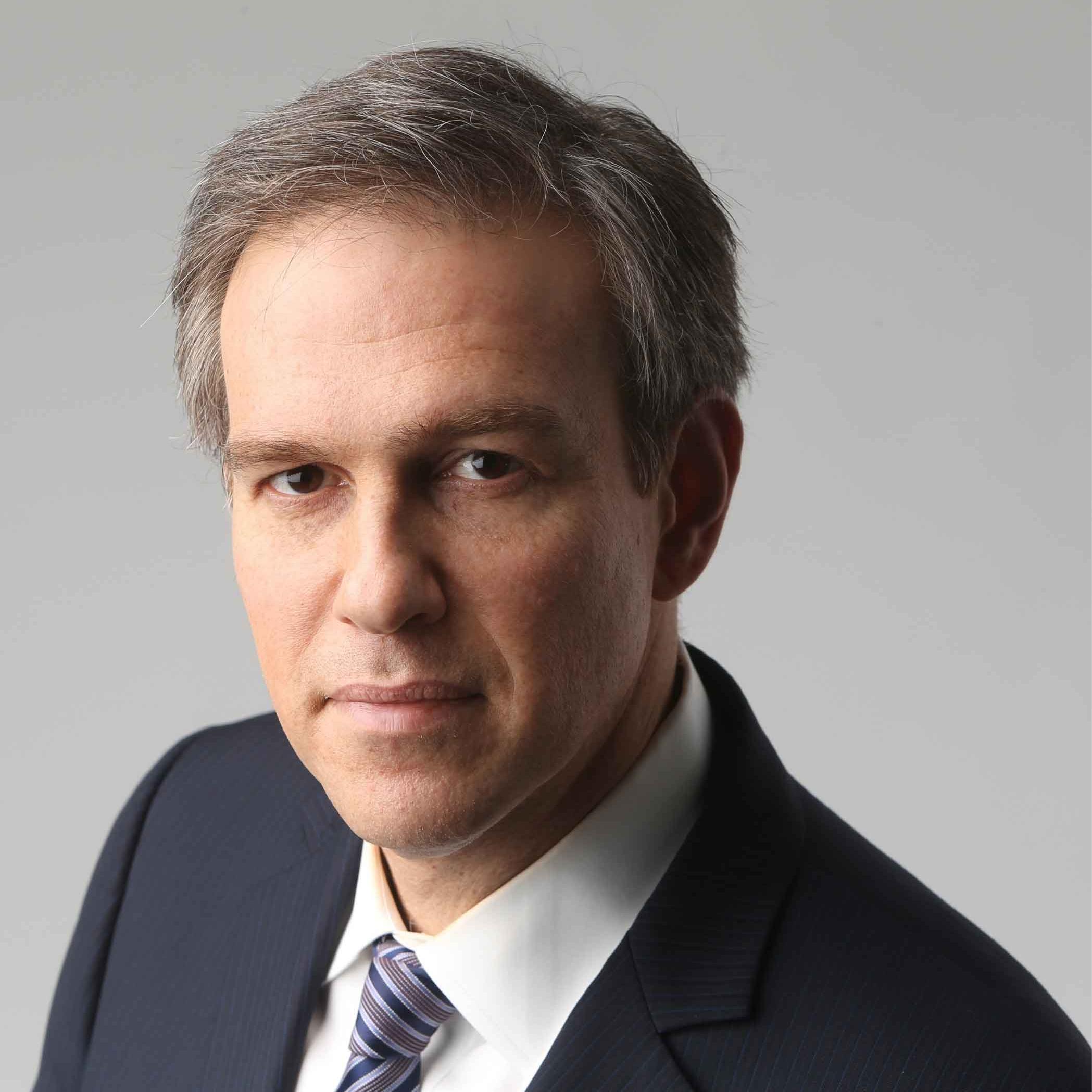
Since joining the New York Times in 2017, Bret Stephens has written about foreign policy, domestic politics and cultural issues. He won the Pulitzer in 2013 for his commentary at the Wall Street Journal, and previously served as editor-in-chief of the Jerusalem Post. He has reported stories from Gaza to Greenland, and is the author of “America in Retreat: The New Isolationism and the Coming Global Disorder,” published in 2014.
Zolan Kanno-Youngs, Zubrow Distinguished Visiting Journalist Fellow
White House Correspondent, New York Times
Kanno-Youngs joined the New York Times in 2019 to cover the Department of
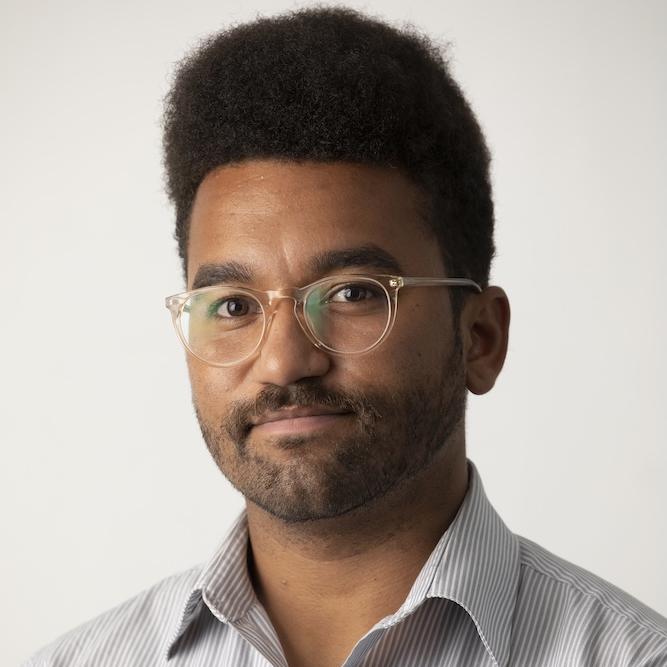
Homeland Security. He moved to the White House beat in 2021. Kanno-Youngs was one of the reporters who sat down with President Donald Trump for a two-hour interview in the Oval Office in January.
Keri Blakinger, Zubrow Distinguished Visiting Journalist Fellow
Investigative Reporter, ProPublica
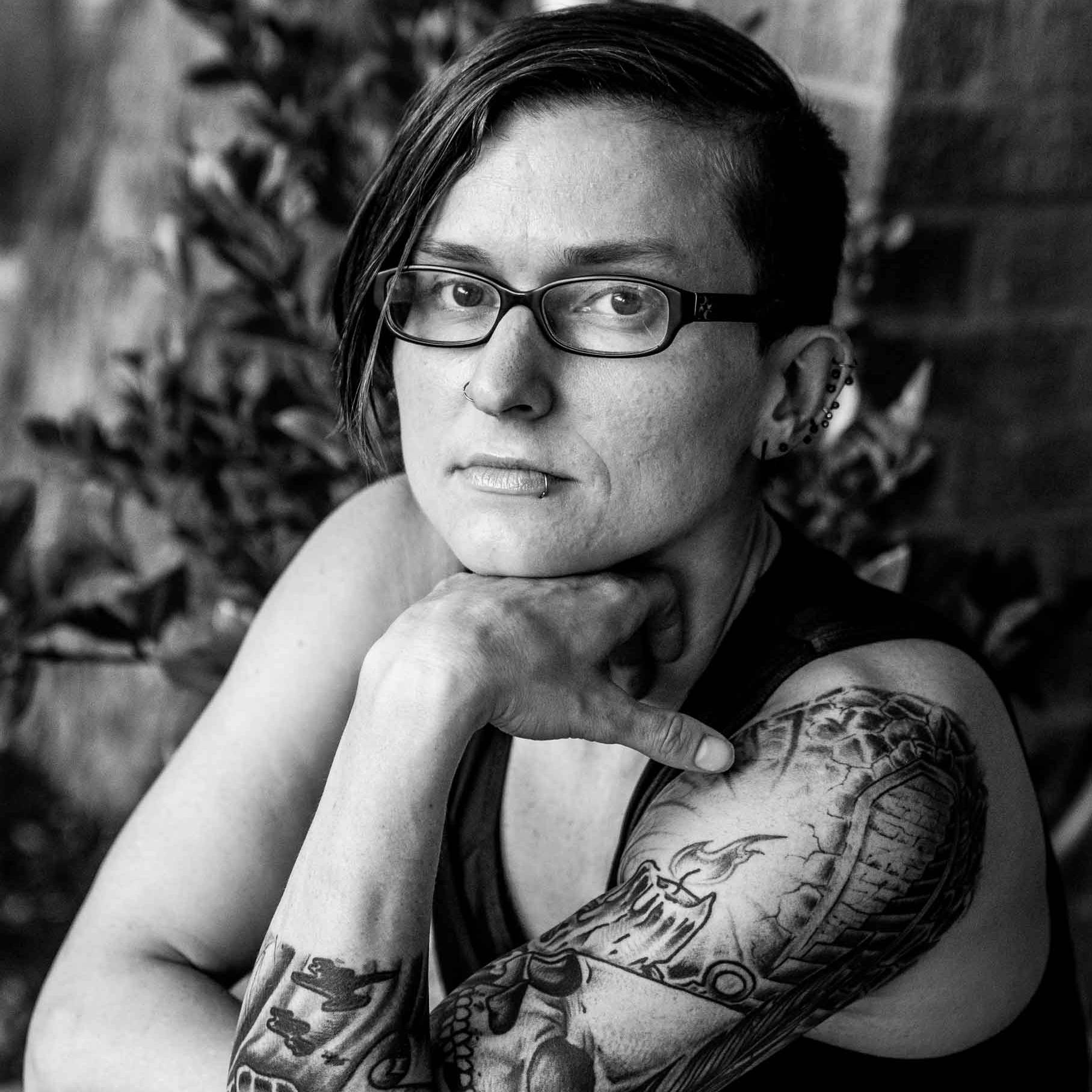
An English major at Cornell, she was part of the producing team that received an Oscar nomination for the short documentary “I Am Ready, Warden.” She was also a Pulitzer Prize finalist twice: as part of a Houston Chronicle team covering Hurricane Harvey and when she worked with the Marshall Project in 2024, for her feature story, “The Dungeons & Dragons players of Texas Death Row,” which also ran in the New York Times. As an investigative reporter for ProPublica, Blakinger covers criminal justice, with a focus on prisons and the death penalty. She previously worked for the Los Angeles Times, covering the Los Angeles County Sheriff’s Department. She is the author of “Corrections in Ink,” a memoir of her life before, during and after prison.
Fall 2025
Sam Tanenhaus, Zubrow Distinguished Visiting Journalist Fellow
Contributing Writer, Washington Post

Sam Tanenhaus is the former editor-in-chief of both the New York Times’ Book Review and the Week in Review and was a Times writer at large. He has also been a contributing editor and writer at Vanity Fair, and the U.S. writer at large for the British monthly Prospect. He is currently a contributing writer to The Washington Post.
His feature articles and essays have appeared in The New Yorker, the New York Review of Books, New York Times’ Magazine, The Atlantic, Esquire, Newsweek, Time, The Washington Post, The Wall Street Journal and more. His books include “Whittaker Chambers: A Biography,” which received the Los Angeles Times Book Prize and was shortlisted for both the National Book Award and Pulitzer Prize, and “The Death of Conservatism.” His new book, “Buckley: The Life and the Revolution that Changed America,” was published in June.
Spring 2025
David Sanger, Zubrow Distinguished Visiting Journalist Fellow
White House and National Security Correspondent, New York Times
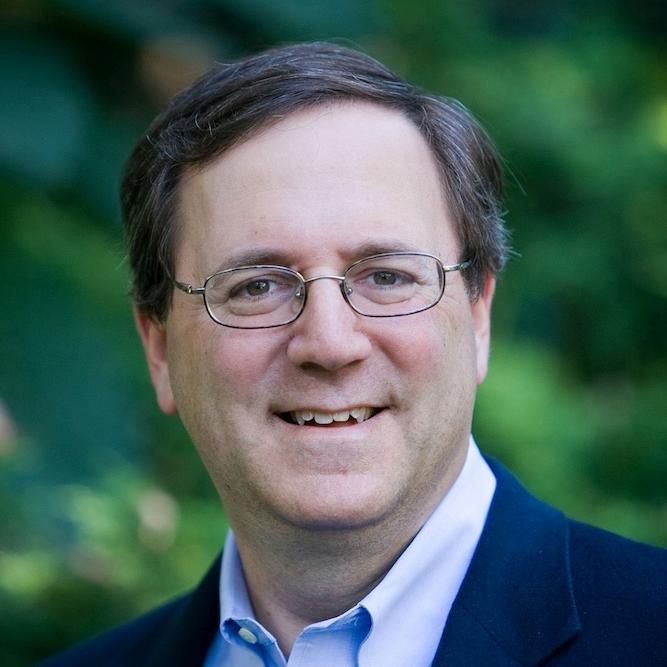
David E. Sanger is a three-time Pulitzer Prize winner and White House and National Security Correspondent. Over a 40-year career at the Times, Sanger has become known for the depth of his sources in the world of national security, his painstak-
ing reporting and research, and his in-depth investigations into the complex events of our time. He is also a CNN contributor on national security and politics and the bestselling author of four books — The Inheritance, Confront and Conceal, The Perfect Weapon, and, most recently, New Cold Wars: China’s Rise, Russia’s Invasion, and America’s Struggle to Defend the West, which debuted on the New York Times bestseller list. Sanger also teaches national security at Harvard’s Kennedy School of Government, where the class he conducts with Graham Allison, “Central Challenges in American National Security, Strategy and the Press,’’ is among the most popular at the school.
Anne Thompson, Zubrow Distinguished Visiting Journalist Fellow
Chief Environmental Affairs Correspondent, NBC News
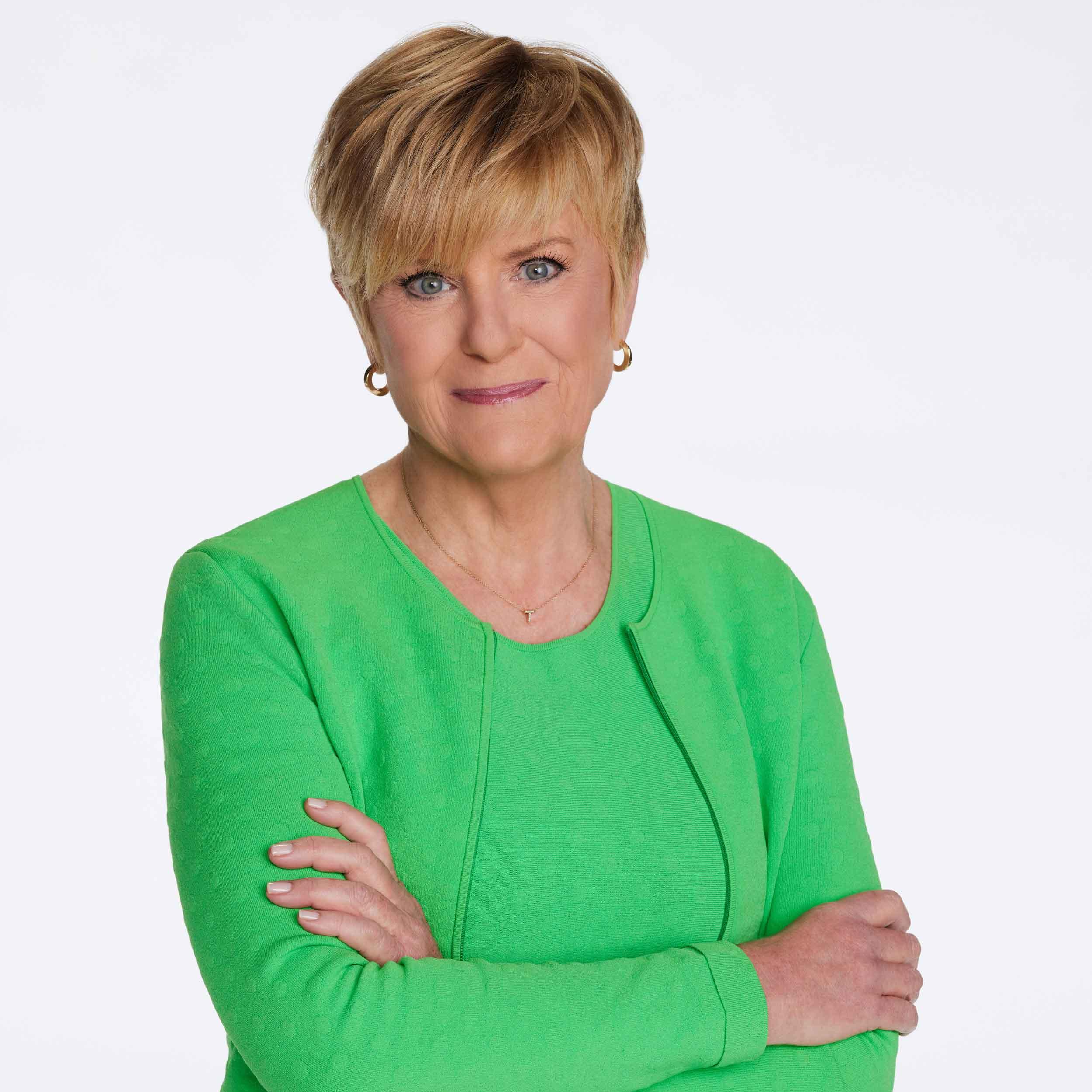
Thompson began her role as chief environmental correspondent in 2007, and her reports appear across all platforms of NBC News, including “NBC Nightly News,” “Today,” MSNBC and NBCNews.com. She has reported on many environmental issues, including the now-defunct Pebble Mine proposed for Alaska and a now-postponed new chemical plant in Louisiana. From 2005-07, Thompson served as chief financial correspondent for NBC News, reporting on financial and economic news, for which she was nominated for four business and financial news Emmy Awards. Thompson has won five Emmys as a correspondent for NBC News; an Alfred I. duPont-Columbia Journalism Award for coverage of Hurricane Katrina; and two Gerald Loeb Awards for distinguished business and financial journalism. Before joining NBC News, Thompson had been an award-winning general assignment reporter for WDIV-TV, the NBC affiliate in Detroit, since 1986. While at WDIV, Thompson was honored with seven Emmy Awards for a variety of stories.
Fall 2024
Ann Marimow, Zubrow Distinguished Visiting Journalist Fellow
Supreme Court Correspondent, Washington Post
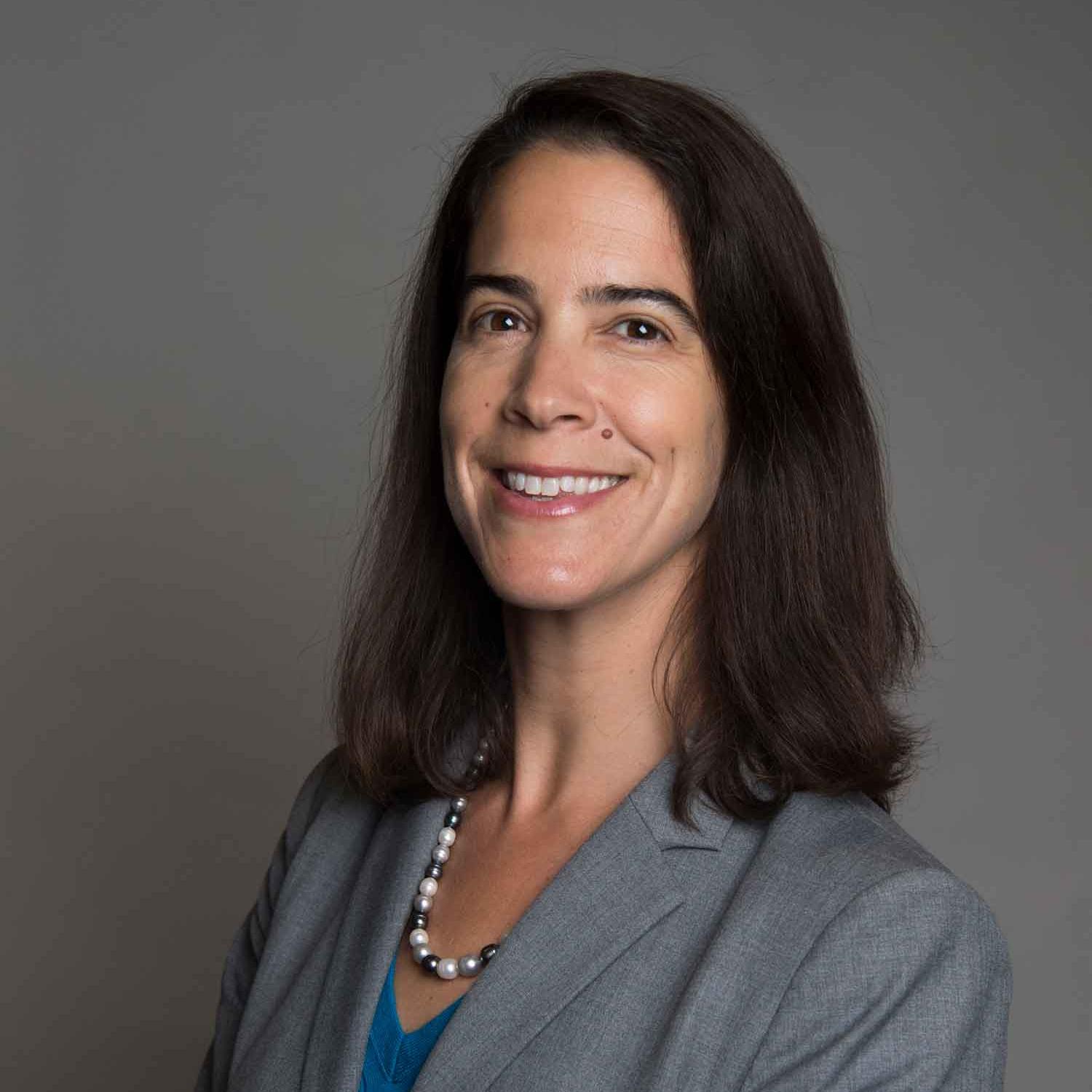
Marimow follows the work of the high court for the Washington Post at a time of historic change and heightened scrutiny of its justices. She has reported on the federal courts for more than a decade and written revelatory stories about Donald Trump’s lasting legacy on the judiciary, the aftermath of the Supreme Court’s decision eliminating the nationwide right to abortion and gaps in the judiciary’s system for investigating workplace misconduct. She has covered the confirmations of three Supreme Court justices and Trump’s two impeachment trials, and broke the story about the Obama Justice Department’s leak investigation that targeted a Fox News reporter as a possible criminal co-conspirator.
Fall 2023-Spring 2024
David Folkenflik, Zubrow Distinguished Visiting Journalist Fellow
Media Correspondent, National Public Radio
Folkenflik’s stories and analyses are broadcast on multiple NPR programs, including All Things Considered, Morning Edition, and Here & Now, and are featured on NPR’s website and mobile platforms. Folkenflik’s writing has appeared in publications including the Washington Post, Politico Magazine and Newsweek International. He is also the author of “Murdoch's World: The Last of the Old Media Empires” and editor of “Page One: Inside the New York Times and the Future of Journalism.”
Spring 2023
Andrew Morse, Zubrow Distinguished Visiting Journalist Fellow
President and Publisher, Atlanta Journal-Constitution
A former senior leader at CNN, Bloomberg and ABC News, Morse serves as president and publisher of The Atlanta Journal-Constitution, the South’s largest newspaper. As executive vice president and chief digital officer at CNN, Morse oversaw a global portfolio of businesses that included CNN.com, CNN Business, CNN Audio, CNN Underscored (the network’s e-commerce product) and CNN’s direct-to-consumer efforts, as well as the CNN en Español cable network and digital platform. Prior to his position at CNN, Morse served as head of Bloomberg Television in the U.S.
Fall 2022
Ann Simmons, Zubrow Distinguished Visiting Journalist Fellow
Moscow Bureau Chief, Wall Street Journal
Simmons covers Russia’s domestic and foreign policy, Moscow’s relationship with Washington, and life in the former Soviet state under the authoritarian leadership of President Vladimir Putin. The bureau she manages also covers events in ex-Soviet republics, including Ukraine, Belarus and Kazakhstan. Previously, Simmons served in Moscow for Time Magazine in the 1990s and in Time’s Washington, D.C., bureau. Simmons also served as Los Angeles Times bureau chief in Nairobi and Johannesburg.
Spring 2022
Natalie Wolchover, Zubrow Distinguished Visiting Journalist Fellow
Science Writer, Quanta Magazine
Wolchover has been with Quanta, covering the physical sciences and mathematics, since the magazine’s launch in 2013. Her articles are often syndicated to sites such as Wired, Business Insider, Nautilus, and The Atlantic. Wolchover has also reported for Nature, the New Yorker and Popular Science, among others. As a science writer, she has covered a wide range of topics in the physical sciences, including particle physics, quantum computing, climate change and gravitational waves.
Fall 2021
Molly O’Toole, Zubrow Distinguished Visiting Journalist Fellow
Immigration and security reporter, Los Angeles Times
O’Toole was one of the recipients of the first Pulitzer Prize for audio journalism in 2020, reporting for an episode of “This American Life.” She has also reported for the Washington Post, the Atlantic, the New Republic, Newsweek and the Associated Press from Central America, West Africa, the Middle East, the Persian Gulf and South Asia.
Spring/Fall 2020
Marc Lacey, Assistant Managing Editor, The New York Times
Lacey has spent more than 20 years at The New York Times, in roles including national editor, foreign correspondent, White House correspondent and editor of the weekend news report. Before arriving at The New York Times, he was a reporter for the Los Angeles Times. He recently served as a moderator for the fourth Democratic presidential debate, held in October 2019 in Ohio.
